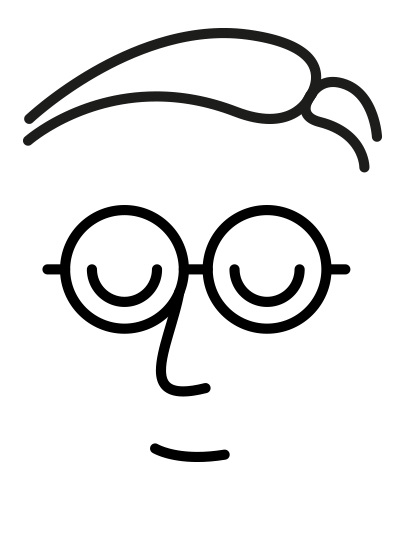Talks / Exhibitions
Elisava Barcelona, CA2M Madrid, Kunsthalle Vienna, Künstlerhaus Stuttgart, La Casa Madrid, Galeria Yono Santiago, UDM Berlin, Art Chicago
They Say
«…most enticing will be the recently released title ‹Panther’s Collection›.»
L.A. Times, 2014
«Der Mann hat Haltung. Und Stil. Und Humor.»
Bjørn Schaeffner, 2016
«Pascal Alexander also designs posters centred around (life-changing) techno artists… …He captures exactly what the music is supposed to be about: quite simply, the music. No scene, no pretensions. Just music. His poster design represents this to a tee: it’s all hidden in the subtext, in the font usage and arrangement of letters.»
Ruby Giles, Pitch-Zine, Resident Advisor, 2014
«With a fabulous eye for sharp design, this young creative has an extensive client list many of which come from within the larger circle of the creative sector. He’s notoriously choosy when it comes to adding to his portfolio of clients. Pascal effectively chooses them rather than reverse. He has a clear vision of his own design signature, and is amongst the city’s most switched on at tapping into the Zeitgeist.»
Ingrams-Review UK, 2015
Interview Excerpts
«What really interests me is the question of how we design our environment and graphic design plays a minor, yet complex part in it for it’s supportive to all other cultural disciplines but, as an exception, has no purpose without them. This interrelation is what makes it quite universal for being a detail and that’s a good starting point. People shouldn’t get disturbed by my work and I somehow wish I would get paid for taking graphic elements away, rather than adding them. I’m definitely more concerned about the space that gets interfered by my design than about my design getting impaired by it’s surrounding space.…
… A designer has the power to change the way how space gets perceived and therefore how people feel which entails a great social responsibility. He has to be driven by quality as a prerequisite to any other interest and the independence this requires can only be secured by the willingness to adapt to any living condition. I think the current generation of designers should pass the expectation of making a secure living by design. By no means I suggest working for less money or am I against financial success, but the desire for security results in a dependency on clients and therefore in making compromises. Defining his role would exceed the interview format, I’d just like to point out that nowadays one of his most necessary roles probably will be found in the one of an educator.»
Ligature, 2013
«Good design is universal, the regional signatures with a raison d’être are the ones who will survive anyway because of their specific function and what hopefully will disappear could be best described as decoration or folklore, driven by the past. I’m much more interested in quality than heritage.»
Ingrams-Review UK, 2015

